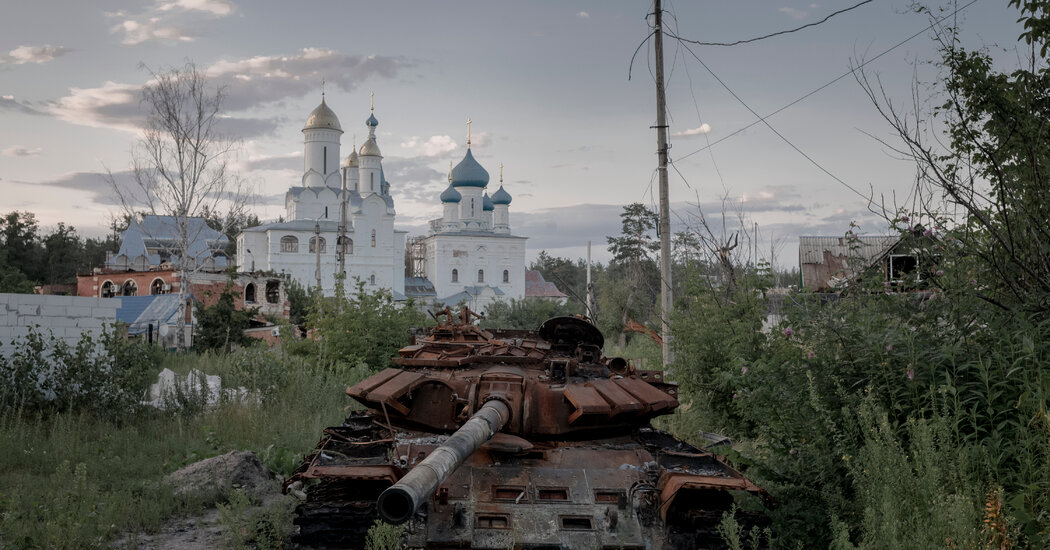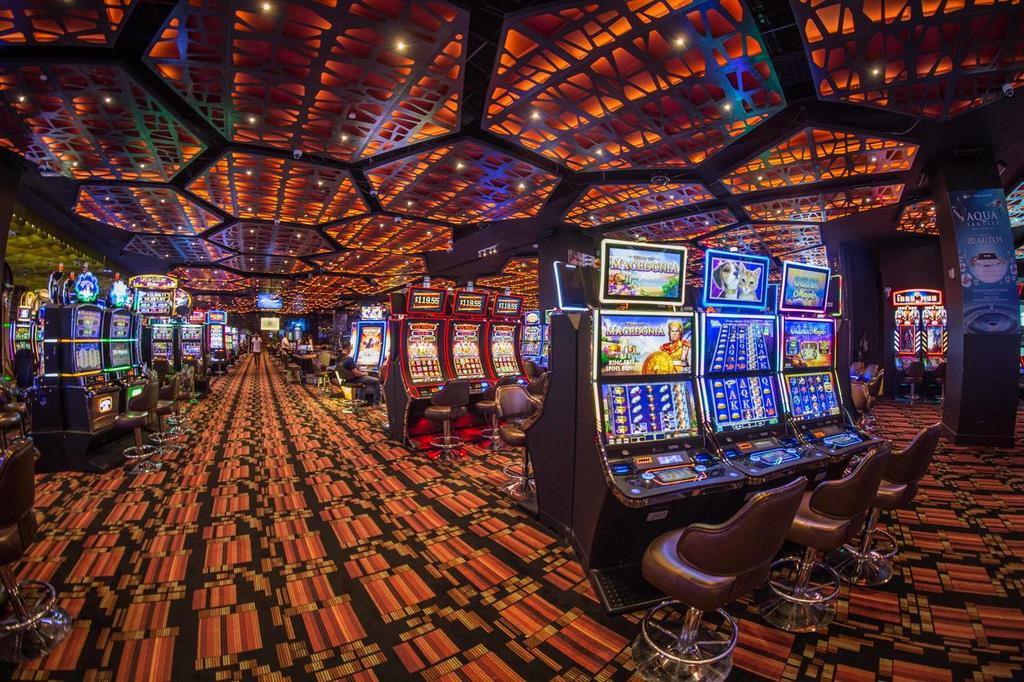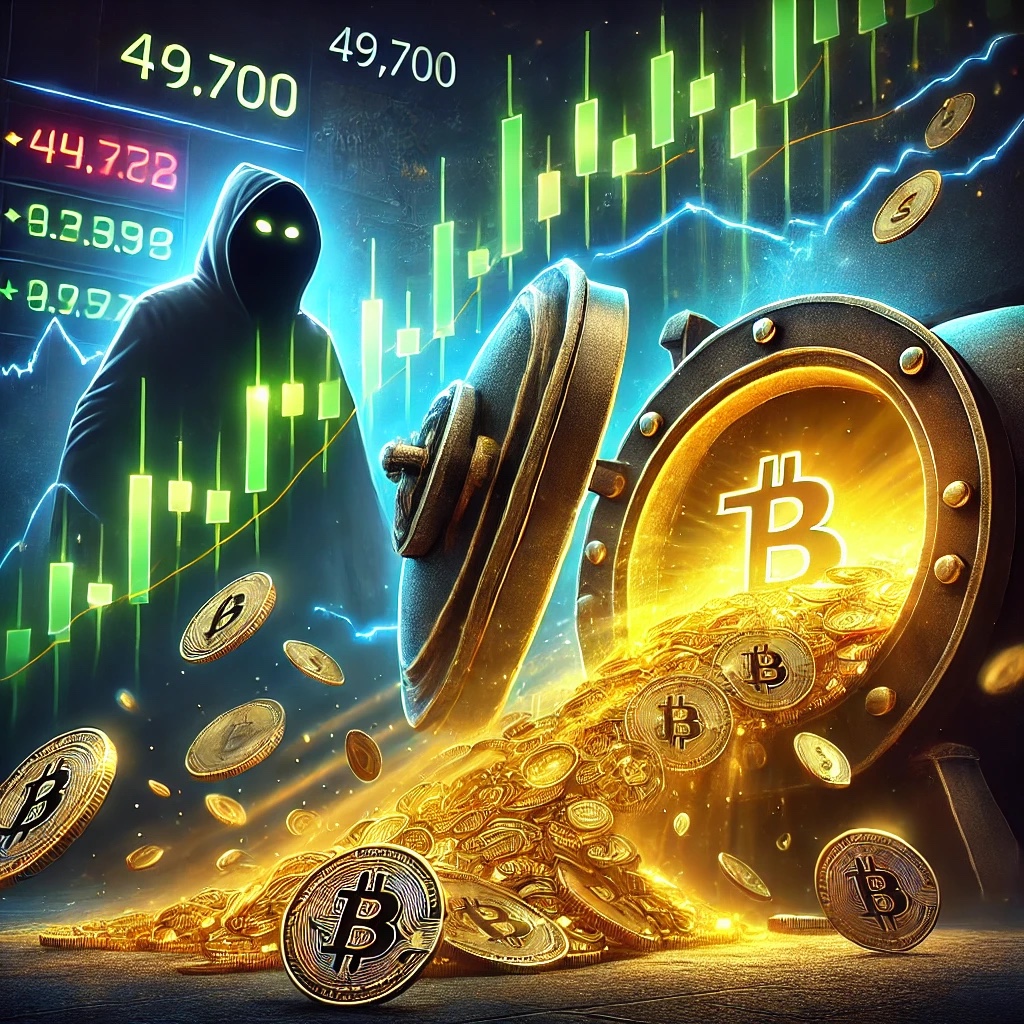Ukraine is sending its largest-ever delegation to a gathering of politically influential Christian leaders in Washington this week, seeking to lay out an argument that protecting religious freedom is a strong reason for continuing U.S. aid to resist Russian aggression.
The Ukrainian pastors, members of Parliament and military chaplains who will be attending the National Prayer Breakfast say they hope the message of combating religious persecution will resonate with the Trump administration officials and members of Congress who are sure to also be there.
The prayer breakfast, a major event on Washington’s social calendar since 1953, presents an opportunity for business executives, religious leaders and diplomats to jockey for access to influential coreligionists in government to sway policies. While the meeting is open to all faiths, its purpose, according to its website, is ”gathering together in the Spirit of Jesus of Nazareth.”
The Ukrainians will argue to those gathered that further Russian advances would expand a zone of repression of several Christian denominations, as well as the destruction and looting of churches and the arrests of pastors and priests — actions that rights groups have documented in areas already under Russian occupation.
“Russia doesn’t just kill people, doesn’t just destroy our cities — Russia also destroys and bans religious communities” in areas under its control, said Roman Lozynskyi, a member of Parliament with the opposition Holos Party.
Mr. Lozynskyi is a member of the Greek Catholic Church, part of a branch known as Eastern Rite Catholicism that follows the Vatican, that is persecuted in Russian-held parts of Ukraine. He recalled the deportation of a friend and Greek Catholic priest in the Russian-held city of Melitopol as an example of the suppression of Catholic congregations under occupation.
More than 100 Ukrainian pastors, politicians, military chaplains and priests, including the head of the Ukrainian Orthodox Church, Metropolitan Epiphanius I, are in Washington for the prayer breakfast on Thursday and related events through the week, said Pavlo Unguryan, a former Parliament member organizing the Ukrainian effort.
Ukrainian Orthodox priests and parishes are among the targets in eastern Ukraine. An estimated 50 priests in Russian-occupied territories — including the most senior church official in Kherson, who refused to join the Russian Orthodox Church — have been killed over the last three years, Metropolitan Epiphanius I said in an interview. Other priests have been forced to leave or to celebrate Mass in secret.
The Ukrainians also intend to highlight the plight of evangelicals, said Mr. Unguryan, who is Baptist. Within its borders, Russia has targeted evangelical Christians with investigations and has arrested Jehovah Witnesses. The repression extends to occupied Ukraine.
“Ukraine is the center of the Bible Belt of Europe,” said Mr. Unguryan, and expressions of evangelical faith there are now under threat. About one million Ukrainians attend evangelical services weekly, he said.
Russia occupies about 19 percent of Ukrainian territory and is making slow but steady gains. Ukraine is defending itself in fierce trench fighting along an about 600-mile front.
“A part of this war is spiritual,” Mr. Unguryan said. “It is important for America to know about this.”
The Ukrainians attending the prayer breakfast want to showcase the vitality of Christian churches in the country, where about 70 percent of the population say in surveys they are religious.
The effort is aimed at swaying supporters of Mr. Trump, who has voiced skepticism about the Biden administration’s heavy military and financial aid to Ukraine. This week Mr. Trump said continued aid could be exchanged for U.S. access to Ukrainian minerals.
Previous religious outreaches in the United States have already yielded results for Ukraine.
Last summer, the speaker of the House, Mike Johnson, gave a video address to a Christian gathering in Ukraine. Ukrainian Baptists have appealed to him for military and diplomatic support for their country. Mr. Johnson is a Southern Baptist who has put his conservative Christian faith at the center of his political career.
Ukrainian churches and the country’s Parliament have sent delegations to the breakfast since the early 2000s, but in recent years have ramped up attendance, calling the annual visit “Ukraine Week” in Washington. In past years, several dozen religious and political leaders turned up. The larger delegation this year, Mr. Unguryan said, is in recognition of the importance of Christianity for many supporters of Mr. Trump.
“These are absolutely important issues which can unite Ukraine, a very conservative, Christian country, with a very conservative, Christian America,” said Mr. Unguryan, who has promoted conservative social policies in Ukraine.
Ukrainian protestant pastors have volunteered widely as military chaplains during the war, Liudmyla Filipovych, a Ukrainian scholar of religion, said in an interview. Ukrainian evangelicals have opened about 100 churches in other European countries to provide Ukrainian-language services to the country’s refugees, she said.
Russia under President Vladimir V. Putin has sidelined or banned churches outside what the Kremlin has called the four “traditional” religions — Orthodox Christianity, Judaism, Islam and Buddhism. Russia is on a U.S. government list of “countries of particular concern” for restricting freedom of religion.
In occupied territory in Ukraine’s east and south, Catholic and Protestant churches face “threats, interrogations and arbitrary arrests,” according to a report released in January by Mission Eurasia, a group promoting evangelical Christianity in former Soviet States.
“The Russian occupation authorities have also extensively engaged in illegal imprisonment and convictions on fabricated charges of extremism, torture and even murder,” the report said. It described instances of closing and looting churches, and removing their crosses. Overall, Russia’s invasion has destroyed, damaged or led to the looting of at least 630 religious sites, the report said.
Metropolitan Epiphanius’s visit to Washington is part of his efforts to win international recognition of his church and support from religious leaders for its stand against Russia. His church won independence in 2019 from the Russian Orthodox Church, but some congregations continued to follow the hierarchy in Moscow.
Last year, Ukraine banned the Orthodox branch aligned with the Russian Church, drawing criticism from the Kremlin and from Pope Francis. Ukrainian officials have said the restrictions were necessary, as some priests served as Russian spies or encouraged congregants to pray for the head of the Russian church, which has blessed the invasion.
“The Russian church has tried to block our activity abroad, and we are trying to unblock it, because the church is one of the most important elements for the future of the existence of the Ukrainian state,” Metropolitan Epiphanius, the Ukrainian church leader, said in an interview in December in Rome. “We are trying to destroy these blocks, speaking the truth, because truth destroys the walls.”
Recently, he has preached that message to as many religious leaders as he can reach. He says he talks regularly to Ecumenical Patriarch Bartholomew I of Constantinople, the spiritual leader of the world’s Orthodox Christians.
With discussions swirling among Western officials over how to negotiate an end to the war, Metropolitan Epiphanius said the outcome for Ukraine was unpredictable, but he left little doubt of his hopes for Ukraine’s destiny.
“We believe that God could create the miracle, the same as he created a miracle for Syria, and Assad left Syria,” he said. “We ask everybody for the spiritual weapons, the prayers.”


